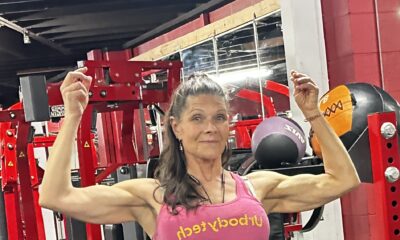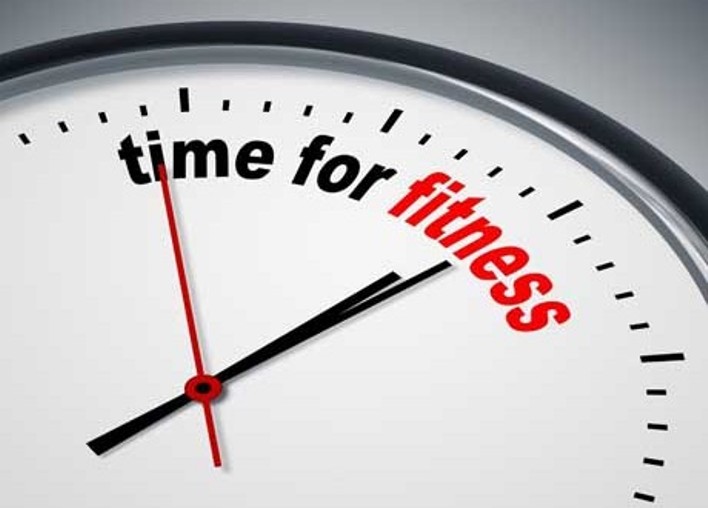Running at your optimum level is dependent on many factors, such as following a proper training program, choosing the right gear, and having a well-balanced diet.
Fueling your body with the right nutrients will help prevent iron deficiency which is common with runners and can result in premature exhaustion during training or competition.
According to an article published in Canadian Trail Magazine, Iron deficiency is a common problem for runners.
Though it may not seem like it, iron deficiency can be thought of as an injury as it has the ability to be extremely detrimental to goal races.
Women are particularly at risk, due to blood loss through menstruation. Vegetarians are also at an increased risk for iron deficiency, as meat is a main iron-rich food source.
If you’re a female vegetarian runner you should definitely be keeping an eye on ferritin and hemoglobin levels.
If you are new to running or a seasoned athlete for that matter and have noticed feeling unexplained fatigue, you may be iron deficient.
In a recent interview with Carrie Walder, fitness enthusiast and registered dietitian who holds a Master’s of Science in Clinical Nutrition from New York University, she offered some food choices to keep your iron levels balanced.
Walder said: “The best animal-based sources of iron include oysters, lean red meat – especially beef, poultry – especially dark meat, tuna, salmon, shellfish, and eggs – especially the yolks.” She continues, “If you’re vegetarian, you can still get iron from plant foods. These include iron-fortified cereals, whole grains – whole wheat, millet, oats, brown rice, beans, legumes, tofu, nuts – e.g. almonds, cashews, Brazil nuts, dried fruits – e.g. prunes, raisins, apricots, and dark-green vegetables like broccoli, spinach, kale, collards, asparagus, and dandelion greens.”
She adds, “Because plant-based iron isn’t absorbed as well as animal-based, it is advised to add a source of vitamin C to your iron-containing meals. Vitamin C works to enhance the absorption of iron. Some foods high in Vitamin C include citrus fruits, berries, and bell peppers. Try having berries with your oatmeal or add bell peppers and lemon juice to a bean and spinach salad.”
To increase your iron absorption here are some other tips from Walder: “Cook foods in a cast-iron frying pan or pot, and drink coffee or tea between meals rather than with a meal – tannins and polyphenols present in tea and coffee can actually decrease iron absorption.”
Some symptoms of iron deficiency include fatigue, weakness, dizziness, headaches, pale skin, and fingernails, feeling cold easily, shortness of breath, and difficulty focusing or concentrating. Walder explains, “If you are truly iron deficient, supplementation may be necessary, but I would always advise speaking with your doctor to test your iron levels prior to beginning any supplements (as) too much iron can actually be harmful!”
She continues, “The Recommended Dietary Allowance (RDA) for iron is 18 mg/day for women ages 19-50, while post-menopausal women need about 8 mg of iron per day. While no exact number has been determined for runners specifically, studies have shown that iron requirements for female athletes may be increased 30-70 percent of the estimated average requirement. According to the joint position paper of the Academy of Nutrition and Dietetics (USA) and Dietitians of Canada regarding Nutrition and Athletic Performance, it is advised that distance runners aim for an iron intake greater than the RDA (i.e. >18mg per day for women, and >8mg per day for men). For reference, the US Military has set the RDA for training female soldiers to be at 22 mg of iron per day.”
If you are an endurance runner you are at risk for iron deficiency.
Walder says, “It is due to increased gastrointestinal losses, hemolysis (rupture of red blood cells) caused by foot impact, and myoglobin leakage.”
Walder continues “Because iron is so critical in sports performance – it helps transport oxygen through our blood, delivering it to our working muscles – it is important that runners include adequate sources of iron in their diets. It is common to see a reduction in athletic performance when iron deficiency is present.”
Fitness Friday is submitted by Christine Blanchette who you can follow on both Twitter as well as her Youtube Channel.
Stay Safe!!







